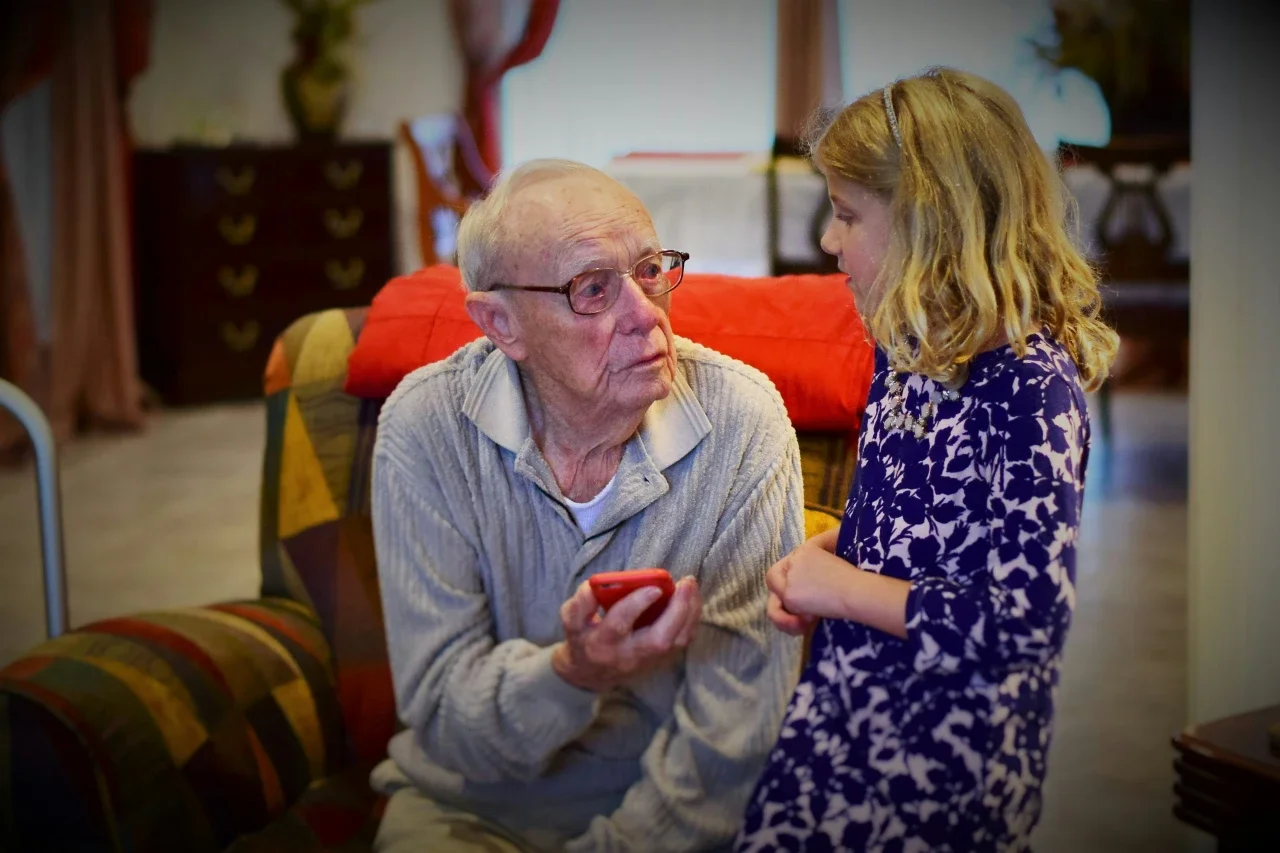When to Move to Memory Care: 7 Signs It May Be Time
Recognizing when a loved one may need memory care is one of the hardest decisions a family can make. As dementia progresses, their safety, well-being, and quality of life depend on specialized care and a structured environment.
At Best Assisted Living Centers, we help families navigate this decision with confidence. Here’s how to know when it may be time to move from assisted living to memory care—and how to plan a smooth transition.
1. Increasing Confusion or Disorientation
If your loved one often forgets familiar places, people, or daily routines, that’s a sign their cognitive decline is progressing. Memory care environments provide round-the-clock supervision and safety measures to reduce the risk of wandering.
Learn more from the CDC on Alzheimer’s disease and related dementias.
2. Frequent Wandering or Unsafe Behaviors
Wandering is a top reason families make the switch. Memory care units are designed with secured access, motion sensors, and circular hallways to keep residents safe while maintaining freedom of movement.
3. Declining Personal Hygiene or Nutrition
Missing meals, wearing soiled clothes, or forgetting basic hygiene tasks are strong indicators that additional care is needed.
4. Increased Aggression, Anxiety, or Sundowning
Changes in behavior—such as aggression, restlessness, or anxiety at dusk—may signal that your loved one needs a structured, calming environment tailored to dementia.
5. Difficulty Managing Medications or Finances
When reminders and support systems no longer help, memory care ensures staff manage medications correctly, preventing missed doses or dangerous interactions.
6. Caregiver Burnout
Sometimes, the clearest sign isn’t your loved one’s behavior—it’s your own exhaustion. When caregiving becomes unsustainable, a transition may be best for everyone’s well-being.
7. Recommendations from Healthcare Providers
Physicians and neurologists can provide professional assessments to guide timing and care level recommendations.
What Makes Memory Care Different
Memory care communities offer:
Trained dementia specialists
Secure but homelike layouts
Cognitive and social therapies
24-hour support for daily activities
Transitioning Smoothly
Download our free Memory Care Transition Guide to help your family prepare emotionally, financially, and logistically.

